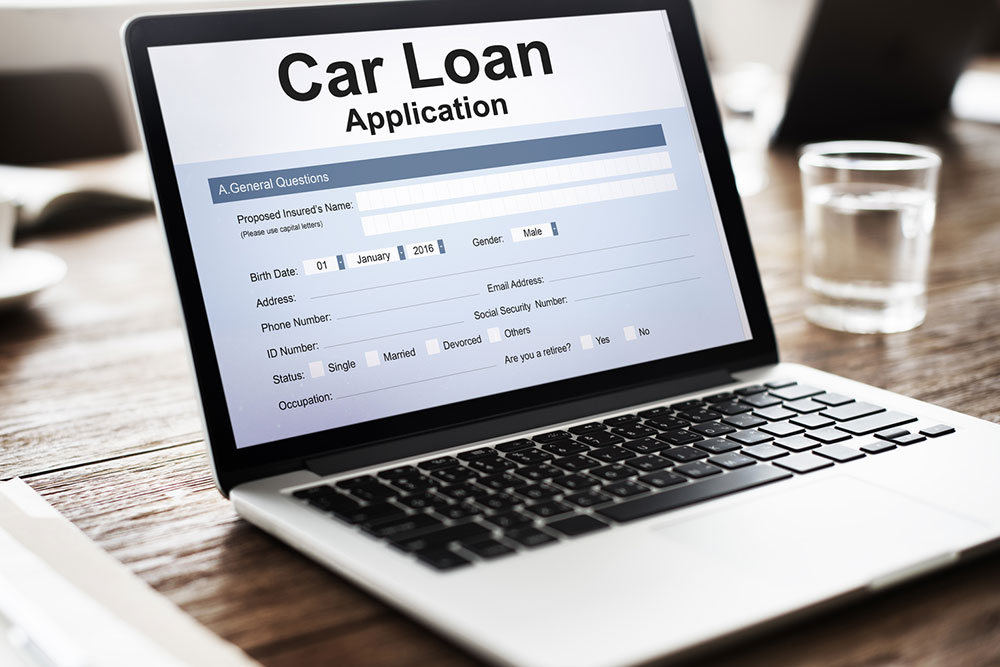
Here’s how one can get a car loan with a low credit score
A good credit score is crucial for maintaining financial health, as it affects the availability of financial assistance through banks and other institutions. A low credit score usually does not prevent one from finding a car loan. However, only some have a perfect credit score, while some may require help obtaining car loans. Fortunately, various tips and tricks are available to secure a car loan with a low credit score. Let’s explore these options below.
Check credit score
A crucial aspect of managing one’s finances is understanding their credit score. The FICO credit scoring system is a widely used tool that ranges from 300 to 850. Anything below 580 is considered a poor rating according to this range. Therefore, the first step is to check the rating to determine the benefits and limitations that may arise.
These scores are based on factors like the credit history’s length, payment history that may include any past defaults, how much one has to owe, spending more than the available monthly credit, and having a short credit history.
Also, one of the expert’s tips is that one must not consider getting a new credit card or loan before applying for a car loan. Instead, improving one’s current credit score will help one be in a favorable position.
Save for a down payment
One of the easy hacks to obtain a car loan is first to be able to provide the down payment. Once one has selected which car they would like, calculate the down payment required for that vehicle. Start saving up for this upfront money because the chances of getting a car loan increase significantly if one provides a down payment on the spot. This also helps offset the higher interest rates, which can assist in securing the loan. So, aim for a larger down payment instead of the minimal amount of $1,000.
Prepare thoroughly
One must research the annual percentage rate at which one will be charged based on one’s credit score. Also, one must check an estimate of how much of the monthly payment one can afford if the loan goes through. It is important to remember these numbers as they will help negotiate with the loaning institute. Additionally, one must check for deals that match the monthly payment budget and if one can reduce the APR by any number.
Statistics show that credit scores ranging from 300 to 600 can get anywhere between 14% to 12% of APR on new cars and 21% to 18% on used cars. These values will change specifically to the bank one is going to.
Get a co-signer
One should consider getting a trusted friend or family member to be a co-signer on one’s car loan. It can help one get an approved car loan quickly and surely. One must take that offer if that individual has a good credit score and is willing to help with this co-signing. Doing so will be a great negotiating tool during the car loan process, which can help get a lower interest rate. However, the co-signer’s credit score can be affected if the loan becomes delinquent, even though they don’t own a vehicle.


